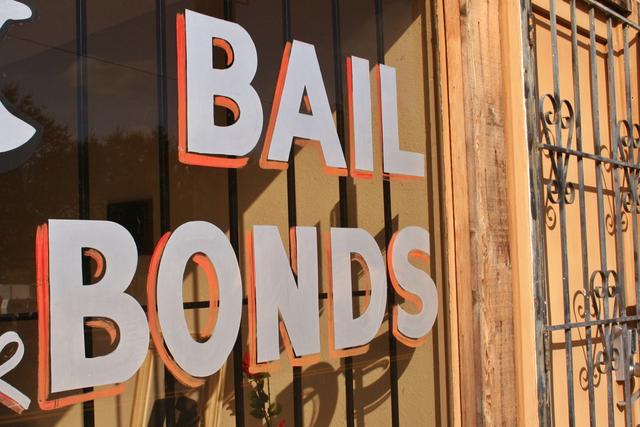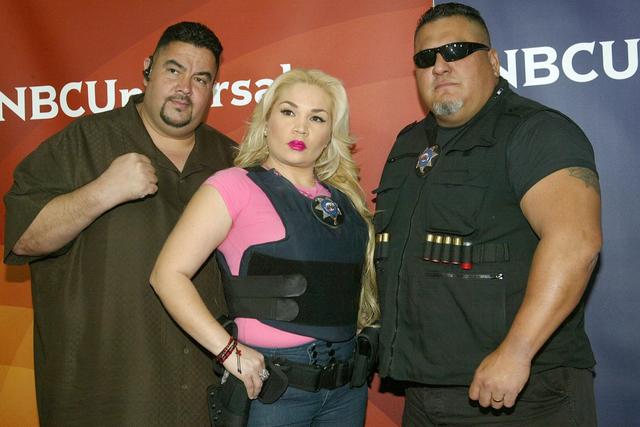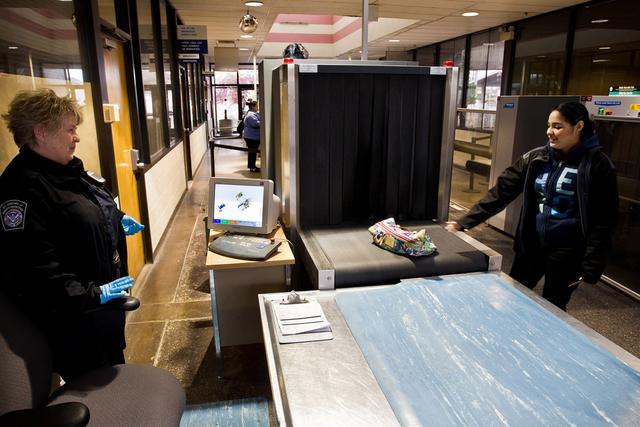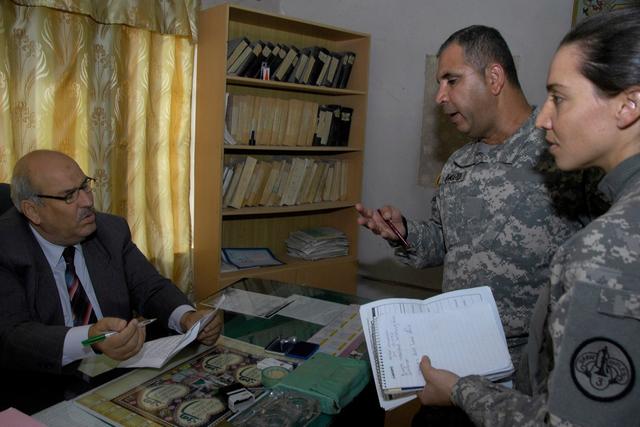Bailiffs
Overview

Introduction
Bailiffs, also known as marshals or court officers, handle anything and everything that goes on in and is associated with a courtroom. From keeping the room secure to providing food and housing for sequestered juries, the bailiff is responsible for managing the courts business. Bailiffs also serve legal papers to individuals and businesses as ordered by the court. Although the majority of bailiffs work for the court system, some bailiffs are more like process servers because they work independently and own their ow...
Quick Facts
Median Salary
Employment Prospects
Minimum Education Level
Experience
Skills
Personality Traits
Earnings
Earnings for bailiffs are often subject to the budget amounts in the sheriff s department where the bailiff works. Bailiffs working for large, well-funded departments will have higher earnings than those at small departments with limited budgets. Bailiffs had a median yearly income of $53,040 in May 2023, according to the U.S. Department of Labor. Ten percent of bailiffs earned less than $29,54...
Work Environment
Most of a bailiff s workday is spent indoors in a courtroom or in an office building. The bailiff works with many different people, including all the courtroom personnel, not to mention other law enforcement officials, probation officers, court clerks, and so on. A bailiff is seldom alone and must interact with others all day long. Because of the nature of the work, bailiffs are often placed in...
Outlook
Employment for bailiffs is expected to decline 2 percent through 2032, according to the U.S. Department of Labor (DOL). The DOL says that "lower incarceration rates and prison population levels are expected to reduce demand for these workers."
The bailiff career is a long-established one, and bailiffs are considered indispensable in courtroom settings. Because of this, bailiffs are neede...













































































